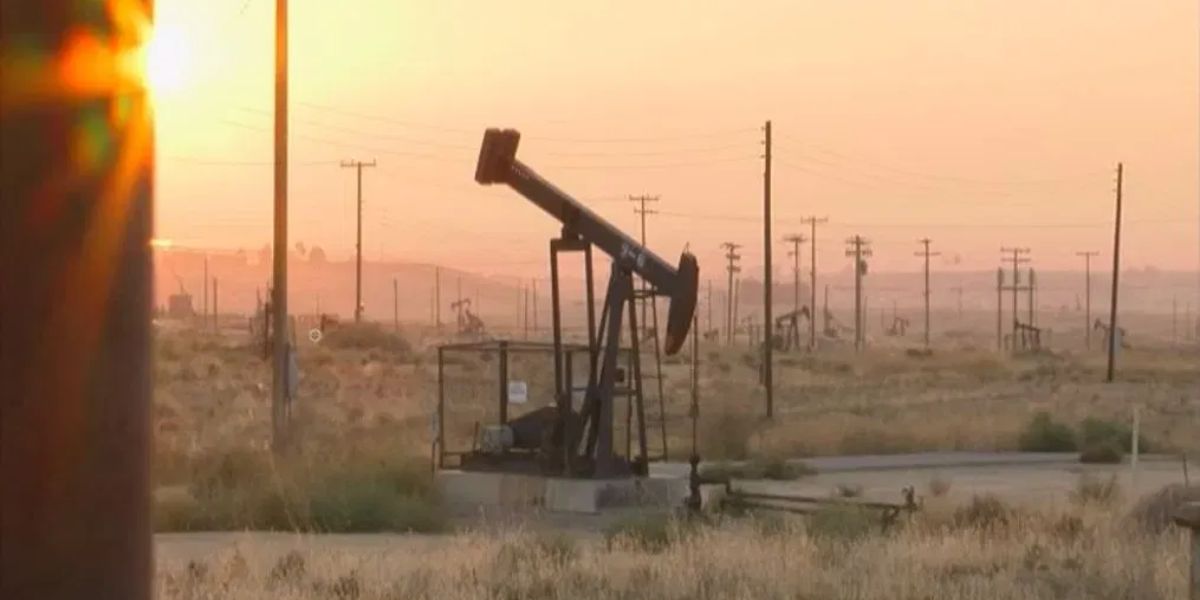Pennsylvania’s Harrisburg It’s reasonable to assume that Pennsylvania is profiting from the popularity of bets and prizes.
In the previous year, the state received almost $2.34 billion in tax revenue from gaming, a 10.4% rise from the record-breaking 2022.
Doug Harbach of the State Gaming Control Board asserts that the expansion and legalization of sports and online betting proves that it is not just a coincidence.
“We’re seeing [more than] 90% of the wagering being done online, rather than [at] a physical sports book,” Harbach stated.
Nonetheless, increased betting reduces lawmakers’ concerns about public funds.
“It does ease the burden at budget time, on creating and making sure that the budget is sufficiently funded,” Harbach stated.
One gray area that is receiving a lot of attention due to the gaming development is Pennsylvania Skill Games.
A spokesman for Pennsylvanians Against Gambling Expansion (PAGE), Pete Shelly, claimed that “they look, talk, and quack like a duck or a slot machine,” “They should be regulated by the Pennsylvania Gaming Control Board.”
PAGE thinks that policing skill games would give everyone a fair shot.
Sixty-five thousand machines operate without being subject to taxes, regulations, or supervision. Regarding them, something has to be done,” Shelly went on.
In his budget plan, Governor Josh Shapiro suggested a 42% tax on skill games; however, a bill in the Pennsylvania Senate suggests a somewhat lower tax, of 16%. The current commonwealth tax rate on casinos is 54%.
“Regulatory parity is very important to the industry,” Shelly stated. “It should be important to all Pennsylvanians.”
Legislators in the state wish to change the gambling laws, but Harbach believes it’s difficult to gauge the chances.
“It’s hard to say what’s going to be available, and what the legislature might do in regards to allowing some other types of gambling to produce lawful revenue,” Harbach stated.



